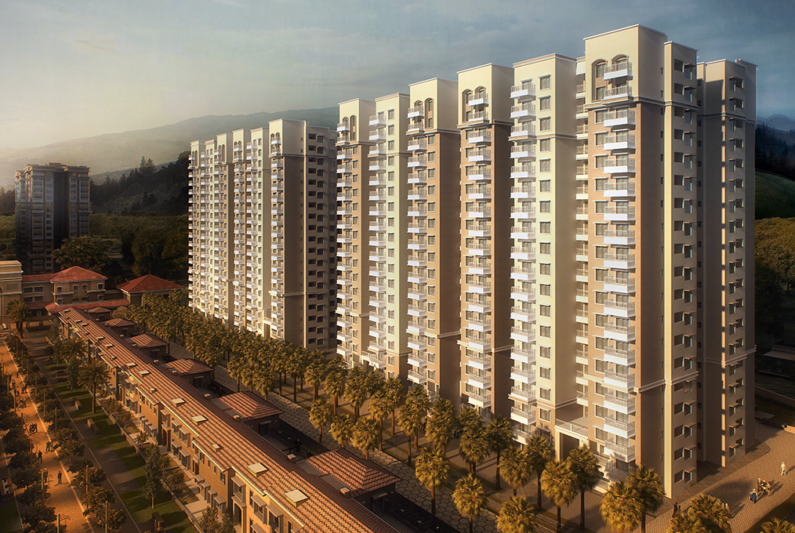
Real estate sector plays a significant role in contributing to our economy. In fact, it is the second largest employment provider after agriculture, contributing 5 to 6 % to GDP on an average. The real estate sector is also key in augmenting demand for more than 250 ancillary industries. Over the last couple of years, the Government has introduced several forward-looking reforms that will not only boost the economy but also the real estate sector in the long run. And continuing these efforts, the Government has introduced the most historic reform of Goods and Services Tax (GST) that paves way for uniform taxation. The Act is expected to revolutionize the way businesses operate in India. It will certainly ensure ease of doing business and a smoother taxation mechanism. It will further boost the buyer confidence and improve the transparency in the realty sector.
So, what does it mean for home buyers? Currently, there are multiple taxes levied on a homebuyer, including VAT and Service Tax. With GST, a uniform tax rate of 18% will be applicable on the purchase of an under-construction home, eliminating several layers of state taxes that can translate into double taxation. Also, the effective tax will translate into only 12%, as the developers will now be able to avail input tax credit. These credits will not only help reduce construction costs but will also translate into better margins for the developers. Further, the developers are advised by the Government to pass on the benefits to homebuyers. In fact, an anti- profiteering clause in GST law has been included to ensure this. This will help raise consumer sentiments.
While taking care of homebuyers’ interests, GST also ensures several benefits to developers. One of them is easing the process of sourcing raw materials as well as the logistics. Since the inputs credits can be availed only on purchase from GST registered vendors, tax compliance will improve. However, there are restrictions on availing these credits in case of work contracts for commercial or retail projects. Furthermore, pure labour contracts for construction, erection, commissioning, installation, completion, fitting out, repair, maintenance, renovation, or alteration of a civil structure or any other original works for affordable housing projects are excluded under the GST regime.
In the long run, GST will offer a level playing field for the organized players in the sector and ease out inefficiencies in the supply chain. This, in turn, will enable optimal capital management and improved pricing control by the stakeholders across the value chain.
However, there are certain aspects that still need Government’s attention to bring down the property prices and augment housing demand. One such aspect is the stamp duty; it varies from 5-12% in India and is an extra transaction cost. Besides this, the sector is expected to face several short-term challenges of transitioning to the new regime. While there are several reports of prices coming down post GST, it is going to be determined by individual markets based on construction and other services’ cost. For instance, markets such as Mumbai or Delhi, where the prices are high, it will be difficult. In fact, there could be initial increment in the prices. The market where the costs range between construction cost and other services ranges between INR2500 to 3200, the developers are likely to pass on some benefits to the consumers.
GST will also aid the Government’s current schemes by helping work its way towards the ambitious ‘Housing for All’ project. The incentives formulated to benefit both the developers and buyers will make the home buying process hassle free, and also boost the realty sector. Together, Real Estate (Regulation and Development) and GST will help improve the perception of the sector, increase transparency, and enhance buyer confidence.







